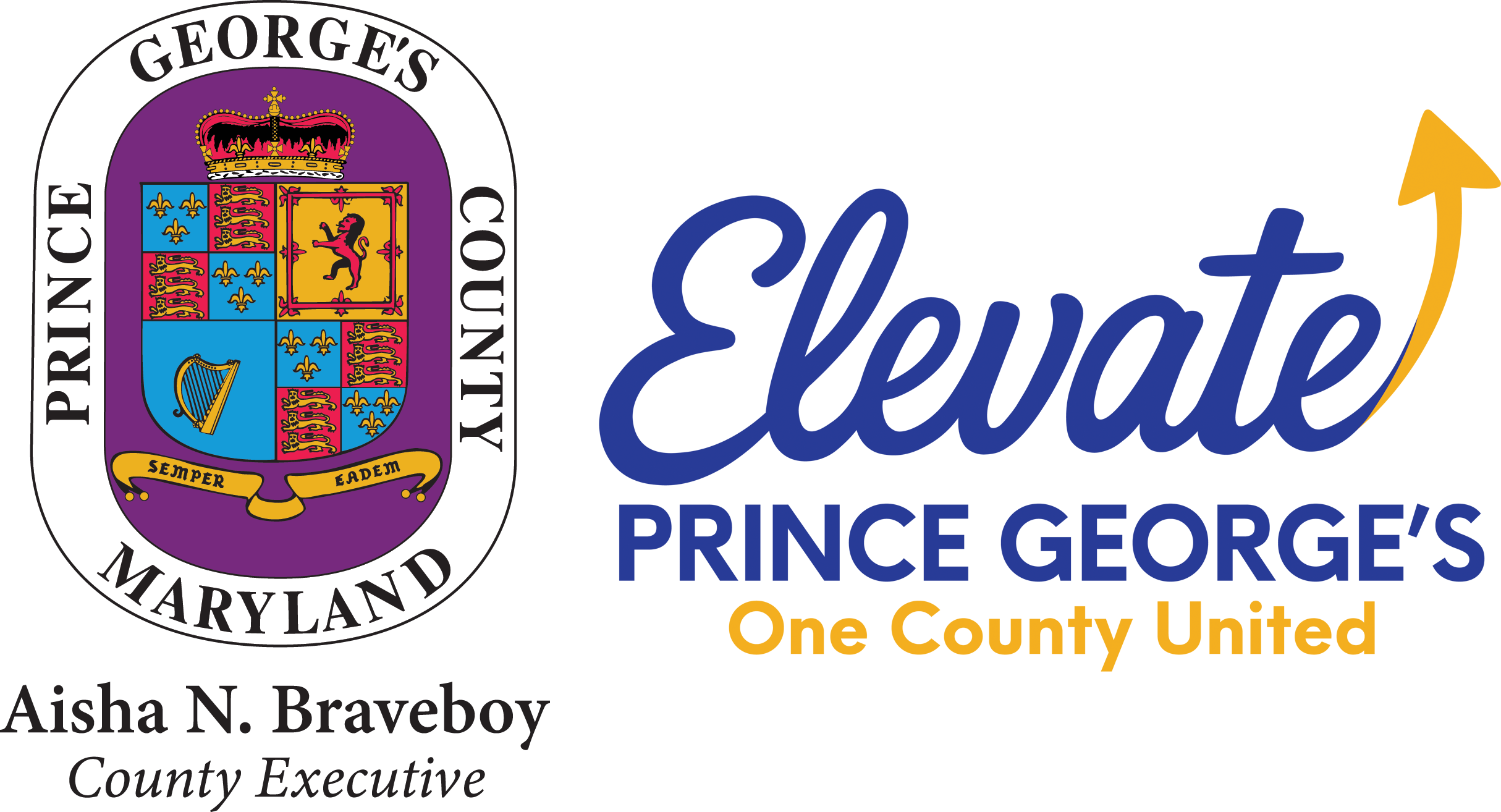
Commercial Inspections

Commercial Construction and Life Safety Section (CCLSS)
The Commercial Construction and Life Safety Section (CCLSS) provides quality control, quality assurance oversight for the Third-Party Inspection process required for new commercial construction over $200,000 in the County.
CCLSS Inspections
Commercial Inspections conducted by CCLSS include:
- Use & Occupancy Inspections for assemblies of 50 occupants and over including schools, churches, restaurants, bars, nightclubs and lounges.
- If applicable, the following may be part of the inspection:
- Annual fire alarm, fire sprinkler, and private fire hydrant certification, certified by N.I.C.E.T. III or higher, with no deficiencies noted
- Elevator, escalator certification
- Boiler certification
- Kitchen hood systems certification
- Current Health Department approval
- Electrical and Fire Inspectors must be chosen from the attached approved lists.
- Mechanical Inspections are conducted by Maryland Certified Mechanical Engineer of your choice.
- Contact Washington Suburban Sanitary Commission (WSSC) for all plumbing and gas (natural gas & propane) inspections.
- Daycare centers of 8 or more
- Congregate and assisted living facilities of 8 or more
Please Note:
Light Commercial Inspections that are under $200K, and not Third-Party or Peer Review, are inspected by DPIE's Residential Inspections Section including Framing Inspections.
Use & Occupancy Inspections
The Inspections Division performs inspections to assure the building meets zoning, property maintenance, and life safety requirements. Upon verifying compliance, the Inspections Division will approve the inspection and Permits Administration will issue the U&O. Please be aware that having a U&O Permit does not allow for any construction. For more information, visit the Use and Occupancy Inspections page.

Third-Party Inspection Program (TPIP) — Commercial Inspections
Preconstruction Meetings
All TPIP construction projects require a preconstruction meeting prior to the start of construction. Preconstruction meetings for the Third-Party Inspection Program can be arranged by contacting 301-883-3820. The Inspector will contact you to set up a specific date/time appointment for the preconstruction meeting.
Required Third-Party Inspections
Buildings and Structures
Buildings/structures that are subject to the TPIP include, but are not limited to:
- Commercial projects going through Peer Plan Review or Third-Party Plan Review.
- Construction of new commercial buildings/structures for which a permit is obtained to construct the building. Total construction cost, including trades, and equipment of $200,000 or more.
- Additions and/or alterations/renovations/modifications to an existing commercial/industrial building/structure with a total estimated construction cost of $200,000 or more, will be verified by DPIE. This excludes detached one- and two-family dwellings and multiple single-family dwellings (townhouses) not more than three stories above grade in height, with a separate means of egress.
- Structures with deep foundations or requiring underpinning.
- Post-tensioned buildings.
- Commercial buildings on problematic soil conditions, such as high-water tables, marine clay, Marlboro Clay, existing fills, slopes, retaining walls greater than two feet in height, and any other conditions identified by the geotechnical engineer of record, or peer, third-party or County plan reviewers.
- Structures with elevated concrete slabs.
- Projects with innovative design, based on the International Green Construction Code.
- Other structures determined by the Building Code Official, or designated representative, to be of unusual design or where code reference standards require special architectural or engineering inspections.
- The Building Code Official or designated representative may include or exclude a project from the TPIP due to its complexity, simplicity, or innovation, based on written recommendations from the Associate Director for the Inspections Division (ID) or designee, and/or upon written request from the property owner.
Attachment #1 — Statement of Third-Party Inspections (STPI) Form
Owners of projects that are subject to the TPIP must submit, as part of the permit application, a "Statement of Third-Party Inspections (STPI) — Attachment #1" form. This form identifies the key members of the team; an individual’s signature on this form certifies that they have read and understand their role under the TPIP. Acceptance by DPIE of this form is required as a condition of permit issuance. For more detailed information, please refer to the "Third-Party Inspection Program Manual," which can be found below in the “TPIP Information” section. If you have any questions or concerns regarding the form, please contact DPIE’s Permitting and Licensing Division at 301-636-2050.
Attachment #1 — STPI Documents
- "Attachment 1 — Statement of Third-Party Inspections," BLANK
- "Attachment 1 — Statement of Third-Party Inspections Quick Tips" guide
- "Attachment 1 — Statement of Third-Party Inspections, SAMPLE"
- "Attachment 1 — Statement of Third-Party Inspections" form, Submitting in Momentum
- "Attachment 1 — Statement of Third-Party Inspections" form, Revision Instructions
- "Attachment 1 — Statement of Third-Party Inspections" form, Transfer of Responsibility Letter Instructions
Commercial Electrical Inspections
Commercial Electrical Inspections are conducted by Third-Party Inspections.
Notices:
Third-Party Inspector Is Not Responsible for Removal of Equipment Covers
When performing inspections that require an inspector to view equipment where the removal of any covers is necessary, the master electrician and/or his designee shall be present at the time of inspection to perform this task and to resecure the equipment once completed.
Contractors Need to Be on Site for Inspections
Contractors should be on site during an inspection, especially if the work involves a home generator or solar installation. A licensed journeyman is the minimally qualified person required to be on location for electrical inspections. To ensure compliance, please include the daytime phone number on which you can be reached on the day of the inspection. Inspections must be performed within six months of a permit issuance, or fines may be assessed and/or the permit canceled. To schedule an inspection, contact your selected DPIE-approved independent Third-Party Electrical inspector.
Electrical and Fire Approved Inspectors
Electrical and Fire Inspectors must be chosen from the approved lists posted below.
Residential and Commercial Solar Inspections
Notices:
TPIP Solar Notice
Effective October 2, 2025, the Department of Permitting, Inspections and Enforcement (DPIE) implemented updates to the "Third-Party Inspection Program (TPIP) Manual," revising the requirements for solar installation projects.
Under the updated guidelines, Residential and Commercial Third-Party Solar Inspections must be performed by approved Third-Party Inspectors. Each project requires a final certification from an approved Third-Party Electrical Inspector. In addition, depending on the scope and nature of the installation, structural and fire protection certifications may also be required.
Only commercial solar farms are mandated to participate in the TPIP by submitting an Attachment #1 — Statement of Third-Party Inspections (STPI) Form for review and approval as part of the permitting process.
Contractors Need to Be on Site for Inspections
Contractors should be on site during an inspection, especially if your work involves a home generator or solar installation. A licensed journeyman is the minimally qualified person required to be on location for electrical inspections. To ensure compliance, include the daytime phone number on which you can be reached on the day of the inspection. Inspections must be performed within six months of permit issuance or fines may be assessed and/or the permit canceled. To schedule an inspection, contact your selected DPIE-approved independent Third-Party Electrical inspector.
Commercial Stocking, Stocking & Training Inspections
Commercial Stocking Inspections are conducted by Third-Party Inspections and based on required County approval.
- Stocking allows a business to introduce combustible products to be stored inside; this is acceptable after several life safety achievements, such as fire sprinklers and fire alarms, have been installed, are working and monitored by an alarm co., etc.
- Stocking and Training is the same as stocking; adding personnel (live bodies that are not construction workers or public customers).
Temporary Use and Occupancy (U&O) Inspections
Temporary U&O Recommendation Inspections are completed by the Third-Party Inspectors for commercial projects. The Temporary U&O Certificate is issued from DPIE per customer request utilizing the information provided during the DPIE initial preconstruction meeting.
TPIP Information
- Third-Party Inspection Program (TPIP) Manual
- Third-Party Inspection Program (TPIP) Final Inspections Report (Attachment 5)
- Third-Party Inspection Program (TPIP) Certification Form (Attachment 6)
- Third-Party Electrical Inspector Application Guidelines
- Third-Party Inspection Program (TPIP) Approved Electrical Inspectors
- Third-Party Inspection Program (TPIP) Approved Fire Consultants
- Building Codes and Bulletins
